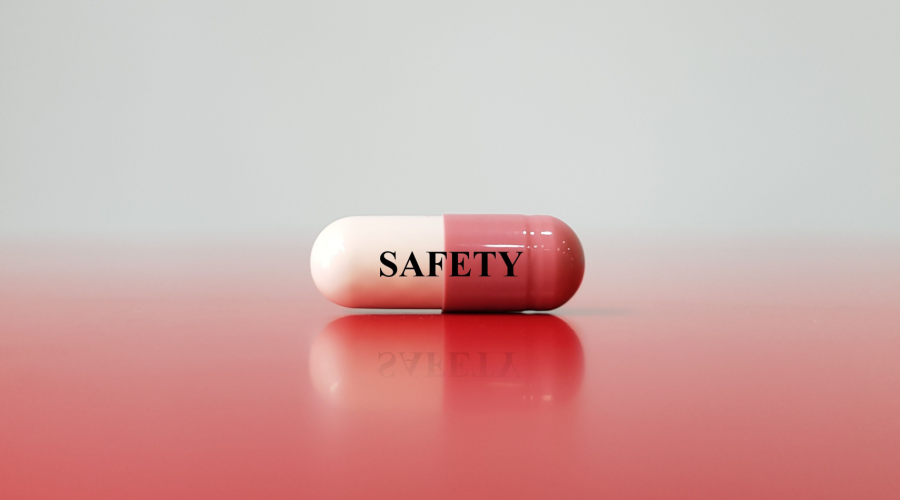Pharmacists know better than anyone that the wrong combinations can lead to negative results. And this doesn’t just apply to the wrong mixture of drugs.
Negative consequences can happen when narcotics, mail order and 90-day supplies are combined.
Michael Deninger, R.Ph., Ph.D, chief technology officer of Innovative Pharmacy Solutions, a consulting and software solutions company for pharmacies, and owner of Towncrest Pharmacy, an independent pharmacy located in Iowa City, Iowa, shared his take on the implications of narcotics, mail order and 90-day supplies.
Contributing to the epidemic
Every day, 78 Americans die from an opioid overdose, according to statistics from the Centers for Disease Control and Prevention (CDC). With a national epidemic of opioid misuse, mail order pharmacies that provide 90-day supplies of narcotics are part of the problem, Deninger said.
“Pharmacies are the gatekeepers for controlled substances,” he said. “Criminals know all the ins and outs, so they look for the weakest links. They look for the most fruitful areas to go after. In my opinion, despitewhat a mail order company can try and do to limit it, they’re a really easy mark.”
Patients who suffer from acute or chronic pain rely on narcotics, but even chronic pain needs to be monitored regularly, Deninger said. “If you go to any pain management clinic and ask them if they’re dispensing 90-day supplies, they’re not. They want to evaluate that patient, make sure they understand the pain, what’s causing the pain and whether they’re having any problems.”
Lack of face time
Independent community pharmacies thrive on personal counseling and getting to know every one of their patients.
“With mail order, you have no idea who’s filling the prescription or who you’re talking to,” Deninger said. “It may not even be the same person week-to-week, month-to-month or even day-to-day. It may not even be a pharmacist.”
Mail order pharmacies can’t offer the same communication as independents, so getting the medication delivered to the right patient can often be an issue. The mailman delivering the prescription may not know the person who the prescription needs to go to, so there’s a chance anyone can take the package—and he or she may not be the patient who ordered it. This is dangerous when narcotics are involved.
Deninger also noted that mail order isn’t conducive to the level of monitoring some medications may require. Without a local presence, there is a missed opportunity to accurately counsel and more closely monitor a patient’s condition. Local pharmacies are better suited to effectively monitor medications, as they’re more accessible. “Having the patient at your counter is a large part of the opportunity, and mail order doesn’t have this,” Deninger said.
“In my opinion, you’re undermining the profession of pharmacy and not getting the value of what independents have to offer patients,” he said.
Independents and the 90-day supply
Deninger isn’t a fan of 90-day supplies, but he believes local pharmacies are best suited for offering them to patients.
“Independents can put a name to a face. We have a relationship with them, so we understand what’s actually going on,” he said. “A mail order place might call to ensure the patient wants the medication filled, but they oftentimes won’t even do that. They’ll just mail it out and get a signature to prove that it was ‘delivered.’ But they don’tknow if the patient’s having side effects; they don’t know if the patient is actually in pain; and they don’t know if it’s acute or chronic. They’ve got very little information.”
Having a local presence also means that independent pharmacies have a better idea of local prescribing habits. This allows them to pinpoint the doctors who are potential problems and who might be participating in fringe prescribing behaviors, legal narcotics prescribing that’s probably not fully compliant. “The reality is that without a local presence, a pharmacist can’t look the patient in the eye and determine if that patient actually needs that prescription,” Deninger said.
The money of mail order
Like any competitor, mail order pharmacies have the potential to hurt business for independent pharmacies.
Mail order pharmacies offer cheaper alternatives for patients, as a 90-day bulk supply may be more affordable. And, “obviously when you take the business out of town it hurts the local economy,” Deninger said.
“The problem isn’t so much one of economics, even though it’s there,” he said. “It’s one of providing the best possible care. With mail order, it’s very difficult to give your patients the best possible care.”
Follow Michael Deninger for more pharmacy insights at thethrivingpharmacist.com.
What’s fringe prescribing?
The other side of the narcotics epidemic begins with prescribing. Michael Deninger, R.Ph., Ph.D, of The Thriving Pharmacist blog, explains fringe prescribing as prescribing medications without close monitoring. It’s on the edge of legality, but technically a lawful form of narcotics prescribing practices.
“A fringe prescription would be a doctor whose not really monitoring a patient’s pain well, prescribing large quantities and multiple medications that are therapeutically not appropriate, and basically just ignoring the fact that this patient is diverting some, if not all, of those medications,” Deninger said. “But the prescriptions are technically legal.”












